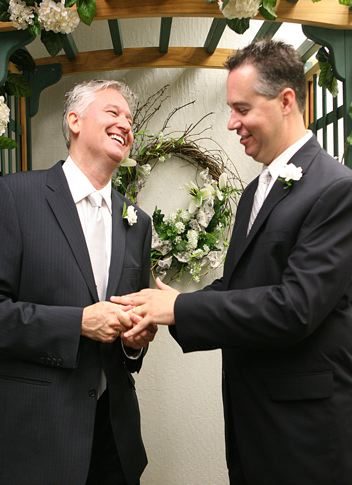
This court order makes Connecticut the third state, along with Massachusetts and California, to allow homosexuals to marry. Connecticut’s governor, Jodi Rell, like former governor Mitt Romney in Massachusetts, has decided not to oppose the decision. She stated: "The Supreme Court has spoken. I do not believe their voice reflects the majority of the people of Connecticut. However, I am also firmly convinced that attempts to reverse this decision – either legislatively or by amending the state Constitution – will not meet with success."
The legal basis for the 85-page ruling was that depriving homosexuals of the opportunity to marry harms them because "the institution of marriage carried with it a status that the newly created classification of civil unions does not embody…." The court concluded that the state marriage law discriminates on the basis of sexual orientation, and unilaterally struck it down, as violating the concept of "equal protection" under the law, which required all persons to be treated similarly.
In making its ruling, the court decided to view discrimination against homosexuals under a made-up category of interpretation, called "quasi-suspect classification," which is found nowhere in the federal or Connecticut constitution. Additionally, such a substantial change in the law should have been first considered by the state legislature, which the Connecticut constitution vests with the sole power to make laws, not the Supreme Court.
The Connecticut justices noted "the anguish felt by some and their deep-seated religious, moral and ethical convictions that marriage should be limited to the union of one man and one woman, and that homosexual conduct is immoral." However, that sentiment was no impediment to a full repudiation of traditional marriage by the court, as they made clear by stating, "Our conventional view of marriage must yield to a more contemporary appreciation of rights entitled to constitutional protection."
Several family rights groups which opposed the court’s ruling are planning to challenge it under a unique provision in the Connecticut constitution that allows for a state constitutional convention. The question as to whether to convene such a convention has already been put on the November ballot for other reasons. One such opposition group, the Family Institute of Connecticut, condemned the ruling, saying the Supreme Court is imposing same-sex marriage by "judicial fiat."
Pollsters cited by the Hartford Courant newspaper declared that Connecticut Democrats support the case outcome by 72 percent to 24 percent, while Republicans disfavor it by roughly the same margin, for an overall support rate of 53 percent.



